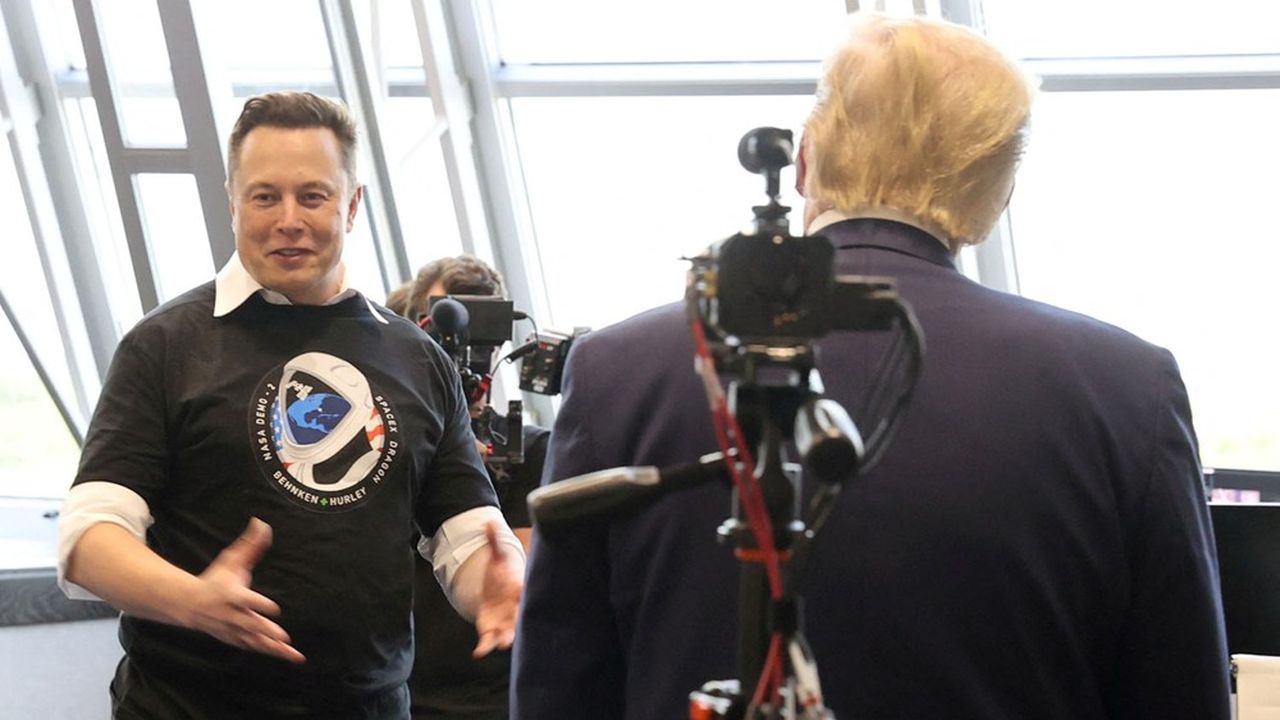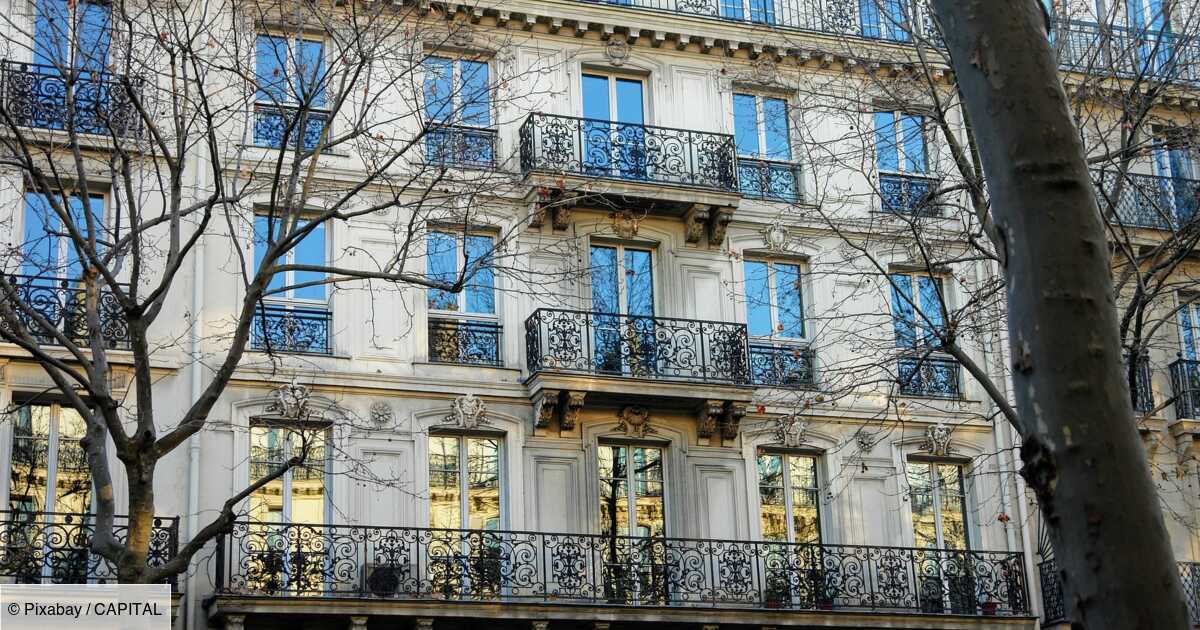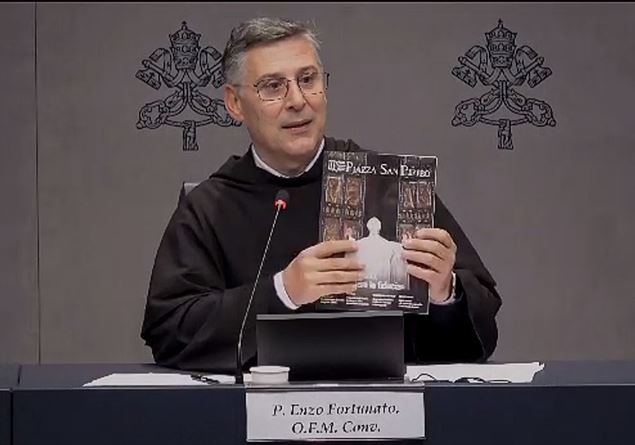
“If you don’t vote, Kamala and the lunatics will win.” Elon Musk’s campaign for Donald Trump, the “badass” America needs, is in full swing on the Internet. On YouTube, Facebook and even on his own social network X, ads in support of the Republican candidate have started appearing massively since the end of August on the screens of voters in swing states like Arizona, Michigan and North Carolina.
The world’s richest man has publicly supported Donald Trump since mid-July. But like all Americans, his donations to the candidate are limited to $3,300. To get around this cap and put his $240 billion fortune to work, he must go through an external entity, a “super PAC.” His, created last June, is simply called “America PAC” and has already spent nearly $50 million, divided roughly equally between spots attacking Kamala Harris and ads supporting Donald Trump.
Field coordination
It’s not the only super PAC spending lavishly to support the Trump campaign. While the former White House incumbent is lagging behind in fundraising from small donors, he can count on a handful of billionaires to help fill the gap. Including entrepreneur Elon Musk, the campaign’s five largest individual donors support the Republican, according to a ranking compiled by the Washington Post. A valuable help: since the start of the campaign, Kamala Harris has raised about twice as much money as Donald Trump, according to data from the Federal Electoral Commission (FEC) at the end of July, and the gap has widened further after a strong August for the vice president.
Nearly $1.5 billion has been invested in the 2024 campaign by organizations independent of the candidates, a record according to the OpenSecrets Foundation, which tracks political finance. Nearly two-thirds of this spending has come from super PACs. They emerged in the wake of two Supreme Court decisions in 2010. Unlike campaigns, super PACs can raise as much money as they want to influence the election. The only limit: “they are prohibited from coordinating their spending with that of a candidate’s campaign,” OpenSecrets explains.
A rule that is often circumvented, and recently relaxed by the FEC. Now, super PACs can work hand in hand with the campaign to go door to door and encourage voters to go out to vote, but they still cannot coordinate advertising campaigns. With coffers less full than Kamala Harris’s, Donald Trump intends to rely on these groups to supplement his campaign on the ground. A close friend of JD Vance, the Republican vice-presidential candidate, created Turnout for America with this in mind, with the goal of raising at least $45 million. “Our mission is simply to implement the president’s campaign plan – he is the one who directs the thinking,” wrote Chris Buskirk, the boss of the super PAC, in a memo revealed by the “New York Times.” “The ads and the media war are for them. The presence on the ground is for us,” he summarizes.
Michael Bloomberg among the Democrats
In total, more than 70% of the spending by the 2,345 super PACs listed by the OpenSecrets Foundation has gone to support Republicans. The most influential of these super PACs is undoubtedly Make America Great Again Inc., created by former Donald Trump aides. It spent nearly $200 million on the election and still has more than $50 million in reserve. Its largest donor is Timothy Mellon, the heir to banker Andrew Mellon, whose family fortune is estimated at around $14 billion. He has paid at least $115 million into the super PAC coffers this year.
Preserve America PAC, linked to Miriam Adelson, the widow of casino magnate Sheldon Adelson, has already spent more than $50 million to attack Kamala Harris. Isaac Perlmutter, the former boss of Marvel Entertainment, prefers to contribute to Right for America PAC, which has raised nearly $40 million this year. Other billionaires close to Republicans have chosen to focus on Senate and House campaigns, either strategically or because they do not like Donald Trump. This is notably the case for Kenneth Griffin, the billionaire founder of the hedge fund Citadel, financier Paul Singer and Charles Koch, who supported Nikki Haley during the primaries.
Harris also has some big-name backers, including Michael Bloomberg, the former New York City mayor and founder of the financial data giant of the same name. He has given nearly $20 million to Future Forward PAC, which supports Harris. LinkedIn co-founder Reid Hoffman and his wife Michelle Yee have contributed $10 million to the same group. In total, the super PAC, the largest on the Democratic side, has already raised more than $160 million and spent nearly $40 million, according to OpenSecrets.







